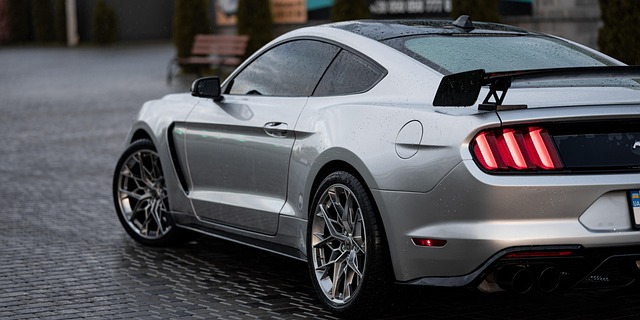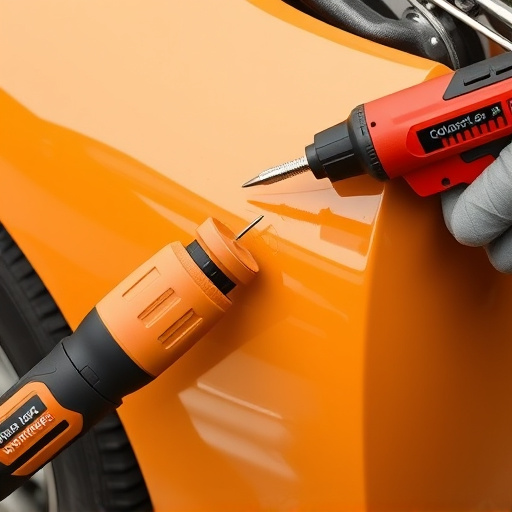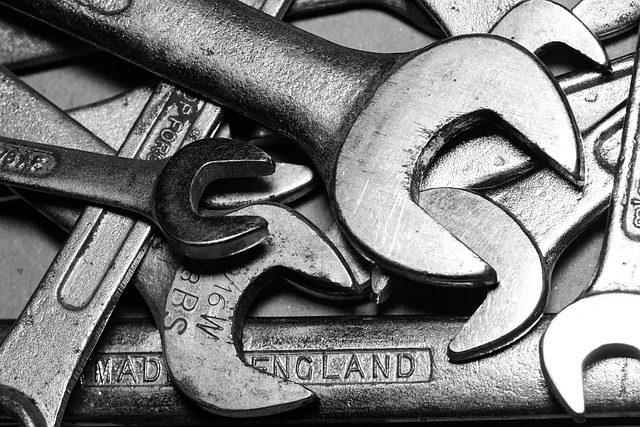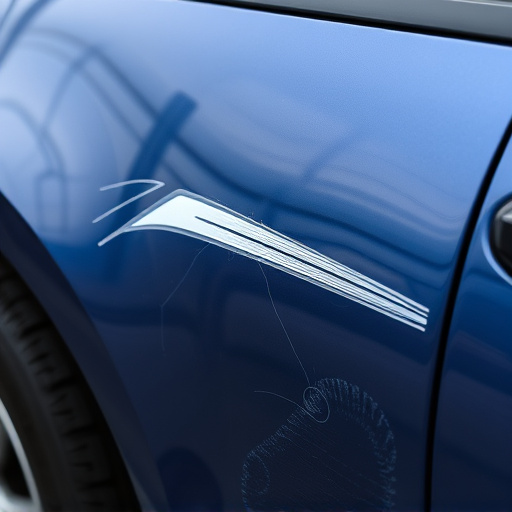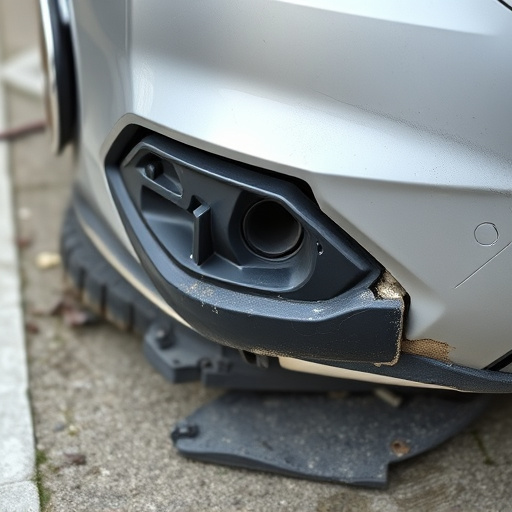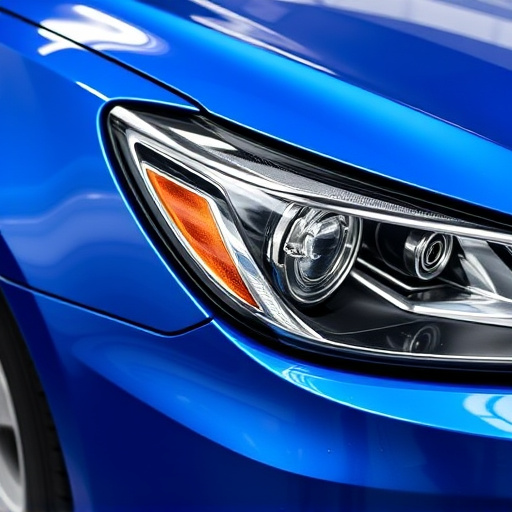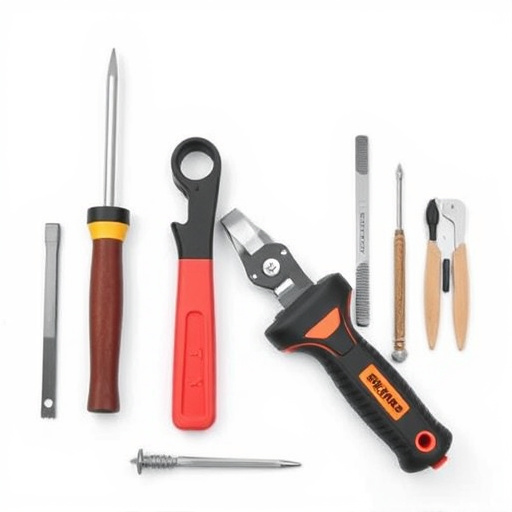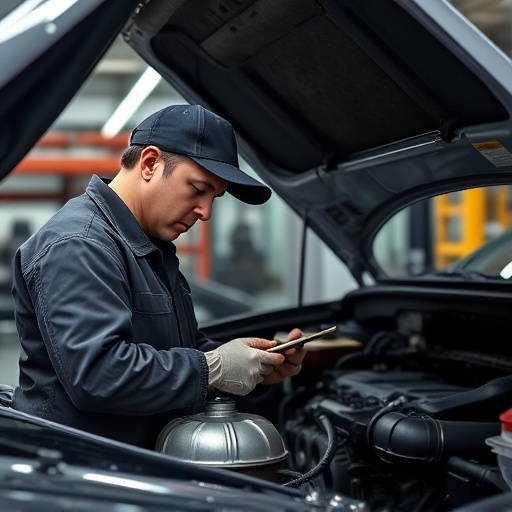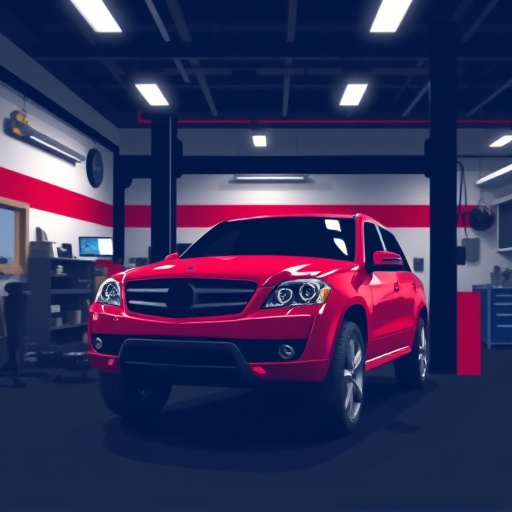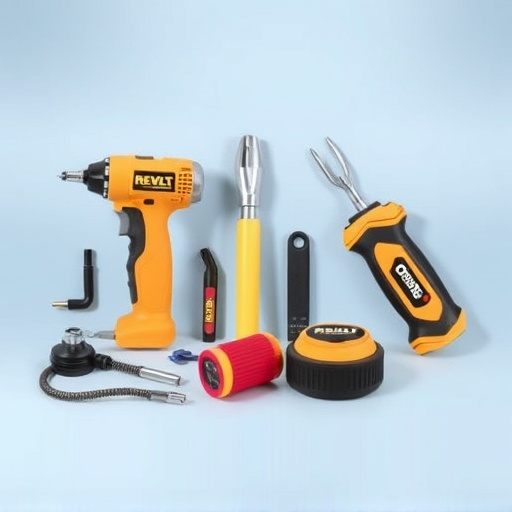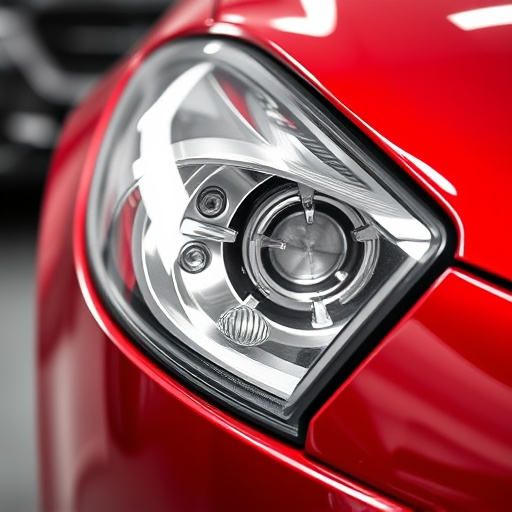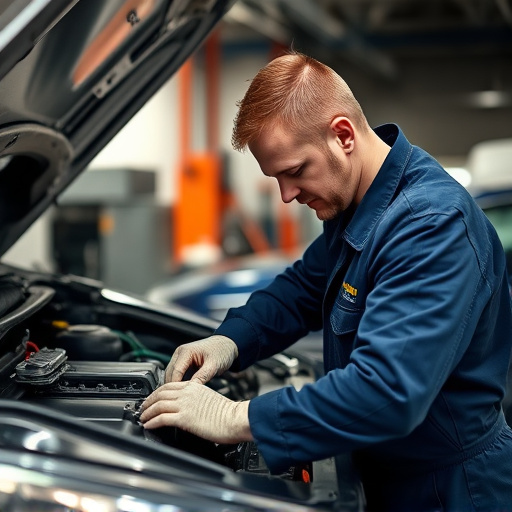Aluminum body components gain popularity due to their sustainability, fuel efficiency, and strength-to-weight ratio. Their corrosion resistance and warranties make them a cost-effective choice in the automotive industry. The trend shifts towards carbon fiber components, driven by warranties, for lighter alternatives with superior strength and stability, ideal for precision auto body repair.
Aluminum body components, a popular alternative to traditional carbon fiber, offer an array of benefits for manufacturers and consumers alike. With increasing demands for lightweight materials, aluminum’s versatility and durability make it a game-changer in the automotive and aerospace industries. This article explores how manufacturer warranties on aluminum body parts contribute to enhanced consumer protection and peace of mind. We also delve into ensuring quality and longevity in these components as viable carbon fiber alternatives.
- Understanding Aluminum Body Components' Benefits
- How Manufacturer Warranties Add Value
- Ensuring Quality and Longevity in Carbon Fiber Alternatives
Understanding Aluminum Body Components' Benefits

Aluminum body components offer a unique blend of benefits that make them a popular choice among both manufacturers and consumers. One of the key advantages is their lightweight nature, which significantly improves fuel efficiency and overall vehicle performance. This feature becomes increasingly significant in today’s market, where sustainability and reduced emissions are at the forefront of automotive trends. Not only do aluminum components contribute to lighter vehicles, but they also provide superior strength-to-weight ratio, ensuring safety without adding excessive weight.
Moreover, these body parts offer excellent corrosion resistance, a property that sets them apart from their carbon fiber counterparts. While carbon fiber is renowned for its strength and durability, it requires specialized care and can be more prone to damage during auto collision centers or car paint repair processes. In contrast, aluminum components are less susceptible to rust and hail damage repair needs, making them a cost-effective choice in the long run. This longevity not only reduces the need for frequent replacements but also contributes to a more sustainable automotive ecosystem.
How Manufacturer Warranties Add Value
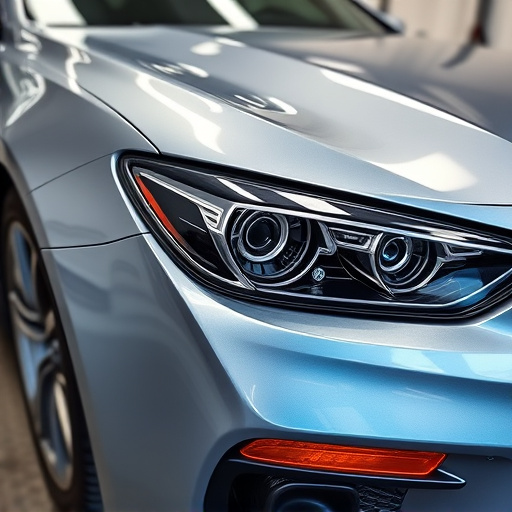
Manufacturer warranties play a significant role in enhancing the value proposition of aluminum body components, especially when compared to traditional carbon fiber alternatives. These guarantees offer peace of mind to consumers, assuring them that their investment is protected against any defects or issues that may arise during normal use. In the context of vehicle restoration and automotive repair services, having a robust warranty can be a game-changer for both parts suppliers and customers.
By offering comprehensive coverage, manufacturers encourage the use of high-quality materials like aluminum in various applications, from body panels to structural components. This is particularly beneficial for consumers who seek durability and reliability, especially when it comes to preventing costly repairs or replacements down the line. Moreover, warranties can streamline the process of dent removal or other cosmetic enhancements, ensuring that customers get their vehicles back in top condition without additional charges.
Ensuring Quality and Longevity in Carbon Fiber Alternatives

In the automotive industry, ensuring quality and longevity is paramount when it comes to replacing traditional metal components with carbon fiber alternatives. As manufacturers increasingly offer aluminum body panels and parts backed by warranties, the shift towards lighter materials like carbon fiber gains momentum. This trend not only enhances fuel efficiency but also plays a crucial role in modern vehicle designs, particularly in luxury and sports cars where aesthetics meet performance.
Carbon fiber components, known for their exceptional strength-to-weight ratio, offer durability comparable to metal in many cases. Moreover, they are resistant to corrosion, making them an ideal choice for auto body repair, especially in the context of paintless dent repair techniques. Unlike metal, carbon fiber doesn’t expand or contract significantly with temperature changes, reducing the risk of panel warping after vehicle collision repair. This ensures not only long-lasting performance but also preserves the vehicle’s original factory finish, making it a preferred option for those seeking top-tier aesthetics and precision in auto body repair.
Aluminum body components, with their proven benefits and backed by manufacturer warranties, offer a compelling alternative to traditional carbon fiber components. By prioritizing quality and longevity, manufacturers ensure that consumers receive durable and reliable parts, reducing the risks often associated with new materials. This shift towards aluminum doesn’t diminish the allure of carbon fiber but provides an accessible option for those seeking high-performance automotive solutions without the premium price tags.
